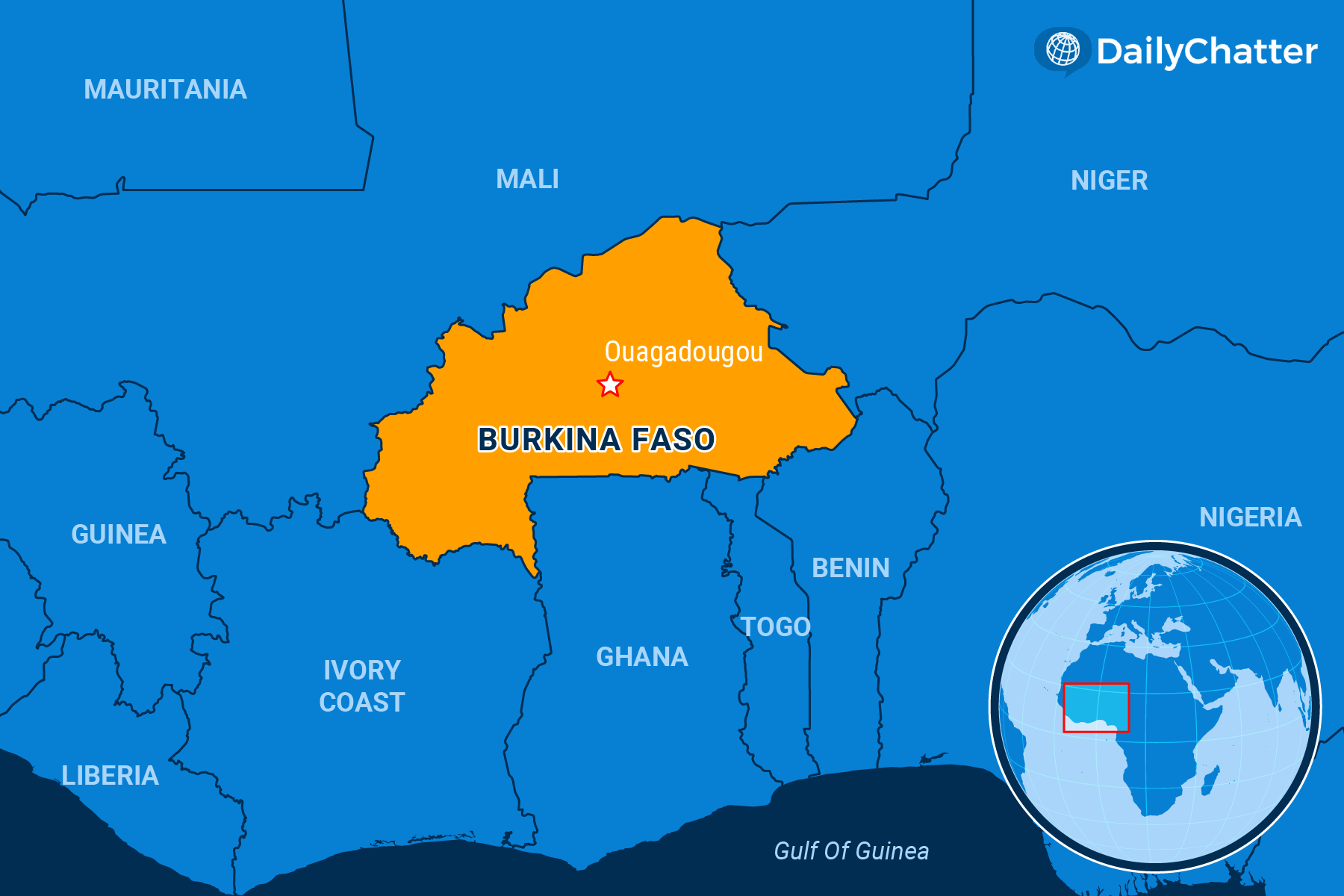NEED TO KNOW
The Sentiments of Coups
BURKINA FASO

A series of coups have rocked West Africa in recent weeks. The latest, Burkina Faso, provides a picture as to how unstable governments in the region are falling as military leaders come to believe nobody else can take control and face their nations’ challenges.
Recently, leaders in the Economic Community of West African States (ECOWAS) said they would hold off on imposing sanctions on the military officers who ousted Burkina Faso’s president, Roch Marc Christian Kabore, if the junta could say when they intend to bring democracy back to the country.
Calling themselves the Patriotic Movement for Safeguarding and Restoration, coup leaders said they had restored the constitution guaranteeing freedom of speech and other liberties and had appointed Lieutenant-Colonel Paul-Henri Sandaogo Damiba as interim president for a so-called transition period, Al Jazeera explained. But they did not say when the transition period would end.
Soldiers launched the coup in late January, wrote the BBC. The mutinying troops in the capital of Ouagadougou demanded more money and equipment to fight Islamist militants as well as the resignation of commanders who have failed to quell an Islamist insurgency launched in 2015. Their discontent had been simmering since jihadists killed 53 soldiers in November.
The drama over Burkina Faso occurred after the 15-member ECOWAS recently suspended Guinea and Mali for coup d’états, while authorities prevented a fourth coup in Guinea-Bissau, reported the Associated Press.
ECOWAS has scheduled a summit for regional and international leaders to discuss the issue. “This must be contained before it devastates our whole region,” ECOWAS Chairman Nana Akufo-Addo told Reuters, adding that a 2020 coup in Mali had started the trend.
Four factors are contributing to coup politics in the region, which is called the Sahel, according to African Arguments.
First, the region has plenty of people but few economic opportunities. At the same time, climate change is disrupting the historic farming patterns that had once helped alleviate employment issues. Second, governments can’t protect their citizens from terrorists and insurgents. Third, corruption is rampant, undermining trust in politicians. Lastly, the international community – whether the United Nations or foreign powers like France – have failed to help much even when they intervene at great cost.
In addition to murdering more than 2,000 Burkinabes, the Islamic State and al Qaeda, for example, have also displaced 1.5 million people in the country, noted Foreign Policy.
Such conditions make voting look like a sorry excuse for the exercise of power.
To read the full edition and support independent journalism, join our community of informed readers and subscribe today!
